2022 GotY, Reflection, and Sign-off
By franzlska 0 Comments
In internally debating whether I should bother to write a GotY this year, I realized it would be my fifth consecutive year writing these blogs, both on this site and as a whole. Im pretty sure I erased my 2018 one at some point? (And really, if I were to revisit 2018 now I would have much more to say...) But still, this is technically the fifth!
Thats about five whole years.
It feels so weird to think about that amount of time. Even just pre-pandemic feels like another life.
Its even weirder looking back at my old blog posts. My writing style is familiar, but it feels like reading something written by an entire different person. Which... I guess is what I always wanted?
In the grander scope of life, these five years have seen me go from depressed and deeply closeted to... the opposite of both of those things. Theyve seen me grow my friend group far beyond what it was. They at least feel like theyve seen me slowly develop some sense of the eloquence and awareness about games I coveted when I was younger.
Theyve also seen me go from spending a lot of time wiki editing, to slowly losing interest in this site.
These things happen! Five years is a good run. Besides, Ive always been a fairly quiet person, minus the stray blogs. It can just be what it is, no reason needed. In fact, I had expected I would drift elsewhere in the internet and that would be that.
But, in browsing this and other sites Ive always felt a bit of melancholy when I saw someone's profile and they had just... vanished. I cant help but wonder what circumstances led them to seemingly disappear, whether theyre out there somewhere, when they disappeared, etc. As such, it'd kinda feel hypocritical not to leave some kinda clue, right?
As for the games, I think I played over ten unique ones this year, but if Im being honest, most of those were just barely. As such, I'll be splitting this up a bit. One half for old games I just now got to, one half for new games, and a brief intermission to tie it all together.
- Old Games of This Year -
#5 - Deathloop
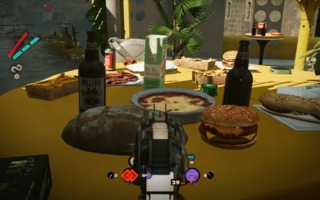
First things first: I have few opinions about the story in Deathloop. I also dont care much about the characters, beyond finding the dynamic between the main two characters fun and goofy. And on that same note, Arkane's famed environmental design doesnt really shine as much here as in their other titles.
So why is Deathloop here?
Easy. Its just a plain old good time.
There's not a huge amount of gamification to it other than story/side quest achievements, or even some grand amount of content outside of said story and side quests. As a result, once youve done all that youre left with a sandbox to run around in, sneaking, not-sneaking, shooting, and messing around with totally-not-Dishonored powers.
It fills a very important niche of "games that are easy to mindlessly play through the whole night while blasting music", and thats exactly what it was for a few weeks of my summer.
#4 - ESC

For the past couple of years in these, Ive tended to include at least one virtual world game Ive been playing this year. This year I would have included Tower Unite, but... I have mixed feelings on it.
But what about a game about virtual worlds?
ESC ruminates on a lot of the things I love about how the internet - and every little "world" within it. The openness for self-expression and discovery, the care of creating things for friends, the tragedy of it all fading away, etc. etc. It expresses these ideas and the "old web" in a way that feels understanding of how silly and serious it could be, while at the same time never making fun of it or getting too grim.
Theres not much more I can say about it... other than its even PWYW on itch! Nothing to lose!
#3 - Guilty Gear -Strive-
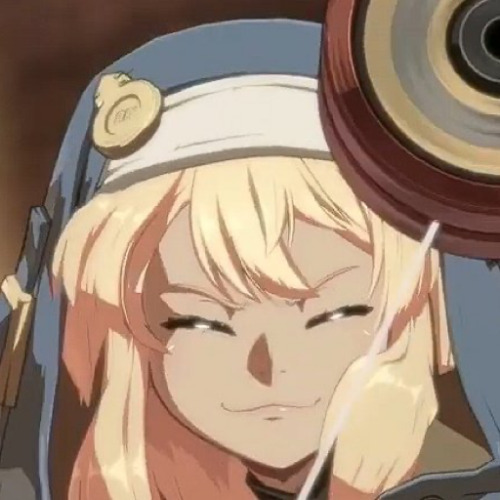
brisket <3
...okay, Im sure some people are long-tired of Guilty Gear getting a popularity surge because of Bridget. But also I dont care because holy shit!
So many developers still fumble trans representation (if they even care to be decent in the first place), but ArcSys really managed to realize Bridget of all characters as a decently respectfully-written trans girl with about five minutes of dialogue. Something of an anime-loving dork back in the day, I remember how most people (Guilty Gear included) were about her and what she represented. So its genuinely shocking — but also great — how shes become something pretty positive!
Bridget's Strive story convinced me to check Guilty Gear out, and I have to say: its cool as hell! The character writing manages a great blend of pathos and absurdity and the soundtrack is great, enough so that it actually made me main Ramlethal instead of the obvious.
But above all, its actually pretty accessible. I had long considered myself "not a fighting game person", but getting interested in Strive has actually managed to break me out of that mindset. Its loaded with enough tutorials that I can generally understand what I need to do, and approachably designed enough that Im not immediately turned away from trying to learn combos.
It feels nice to be able to genuinely say Im semi-competent at a fighting game!
And also to see trans girls online with the icon of Bridget making a "X3" face.
#2 - Final Fantasy VII Remake
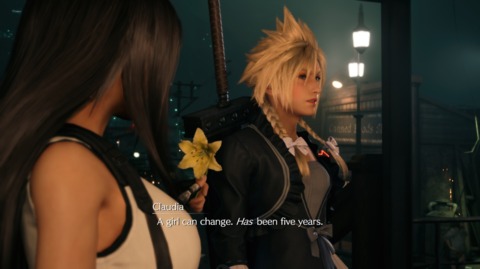
When I was a kid, I was really obsessed with the idea that I should play all the "classic" games. I wasnt getting much out of them other than idle entertainment, but some part of me figured it would give me some level of understanding on things people always called "classics" or "their childhood".
During this time, I went the extra mile to get a used PSX copy of the original FF7.
Even when I realized my PS2 memory card wouldnt work with a PSX game, I hunkered down and tried to push my way through the game without saving. I tried this at least three or four times while waiting for a proper memory card to ship, but could only get to about Barrett's backstory before dying, resetting everything. It was kind of a ridiculous way to play the game!
And yet, that same part of me was deeply concerned about getting "the authentic experience." Its kind of hilarious to think back on, given the experience I just described. But I was deathly certain that video games (at least, some) commanded a certain level of respect, some directed form of interaction to preserve an idealized sense of a tailored experience. Its an idea Im still torn on, and one that, frankly, has no answer.
But whatever the "true intended experience" for FF7 was, I know for a fact my play-through of FF7 Remake was not.
A couple hours into streaming the game for some friends, I realized that I just... didnt care to play as Cloud. So I installed some mods! From that point on, my playthrough was not about Cloud Strife, amnesiac soldier, but instead about Claudia Strife, combat-dress-wearing amnesiac soldier. And it kicked ass!
(Side note: more games could be improved by replacing the protagonists with girls.)
I suppose its fitting, then, that I was most interested by the parts of Remake that were a response to the original, rather than a recreation thereof. I really appreciate how the game plays perfectly into fan expectations one moment, before introducing something new and ridiculous next. That, and how a decent portion of the game is dedicated to effectively whole new characters. I wont claim this all cohesed into something amazing by itself, but I did have a lot of fun with it, and I am curious to see where they think theyre going with it all.
#1 - Sayonara Wild Hearts
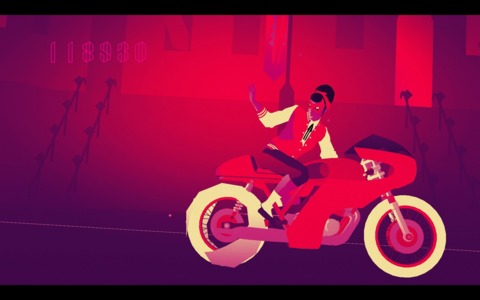
Theres nothing bolder than definitively declaring something perfect.
So instead I will say that I can not complain about a single aspect of Sayonara Wild Hearts, and absolutely love just about every choice that it makes.
Its stylish as hell, the entire soundtrack is great, and its just as engaging as it needs to be to get across. It also has some of the finest pacing of any game Ive ever played, with exactly enough downtime to make the energetic moments pop, and the right overall runtime to where it never feels like an undertaking to consider replaying it start to finish.
But above all else, Sayonara Wild Hearts' best foot is in how shamelessly, enthusiastically invested in its own emotions it is. Every game has emotions (duh), but few are willing to wear them so blatantly. It wraps the entire thing together, and turns a somewhat simple experience into something really special.
- Intermission -
Last year, saw slowly start rediscovering the likes and feelings I had left at the wayside for much of my later teen years. I talked in my blog last year about how I had started feeling a particular sense of happiness and optimism (in no small part due to a My Little Pony fan album (no really, go listen to it!) and how I wanted to always carry that emotion with me.
To say that this entire year carried that much zest would sadly be... less than accurate. It was sort of inevitable that there would be moments where I felt sad or uncertain or just tired. The issue was, at times those feelings stuck around a bit too long, and left me to wonder if I had somehow lost sight of something.
But the approach of the now-current-year has gotten me looking back on the start of 2022. I knew that my memories of how I was at the start of the year would be very different from where I am now, but I completely underestimated just how much! Far too many minor issues to cover, some I didnt even realize were there, just disappeared over the year.
On top of that, looking back made me realize that - while there might not have been one huge positive moment to point to - my year has been a lot better than it seemed during some of the lower moments.
I dont have nearly as much to say about my favorite albums of this year, other than that there was a tie. The follow-up to my favorite album of last year was also quite good, as was Utada Hikaru's new album - which might just be the best album they've ever put out, even as someone with a soft spot for their whole discography.
Now, where was I...
- Games of Actually This Year -
#5 - Squishcraft
Squishcraft is a hard game to sell someone on.
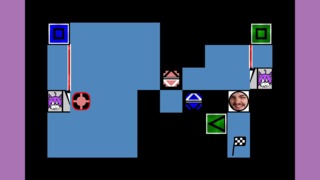
In fact, after I heard about Squishcraft for the first time, I went to wishlist it on Steam and realized I had already seen it, taken one look, and promptly ignored it.
But, despite appearances, Squishcraft has some genuinely high-quality puzzle design. The core mechanic of squishing blocks together is really hard for me to think through logically, but if anything that makes me a bit more impressed by the developer making a whole game layering mechanics on top of that?
I doubt I will ever be good at Squishcraft, but its an experience I look on at in awe.
#4 - Lunacid
This game's still in early access.

I'm not about to wade into the topic of when an early access game should be GotY-eligible, I'm just going to put this game here and ignore the larger topic.
Lunacid scratches a similar itch to more pacifistic "exploration sim"-style games, of constant branching paths and weird, pretty new places to look through, and music to listen to.
In fact, few games so immediately evoke as effective a style as Lunacid does. The harshly-colored lighting everywhere, the PSX-inspired visuals, the blending of classic gothic fantasy, anime emo-gothic fantasy, and modern horror sensibilities, it all combines to make something thats just so cool!
Being able to add custom character icons is also a very fun bonus.
#3 - Hatsune Miku Project Diva Mega Mix+

MIKU ON PC BABY, WOOO- okay its out of my system.
I remember wanting a PSP (or, god forbid, a Vita) back in the day, just because I knew there was zero chance in hell Project Diva would ever be anywhere else I could play it. Its a series with a long history of PS-exclusivity, and often Japanese-exclusivity on top of that, so to have — for all intents and purposes — a definitive version on PC is a bit of a miracle.
Im not nearly as obsessed with vocaloid as I was back in those days, but Mega Mix+ is still a great time. It doesnt do much more than any other game in the series, but it has 95% of the songs you could want it to, semi-support for modding, and its actually available. Good enough for me.
#2 - Splatoon 3

Like many people, I've loved Splatoon pretty much since it came out.
But until Octo Expansion, the series' singleplayer offerings were mostly just... there. Octo Expansion, on the other hand, is one of the sharpest singleplayer campaigns Nintendo's put out in the past decade. So my hope going into 3 was that the singleplayer campaign would learn from Octo Expansion's formula.
And luckily, it did! Its not quite as mold-breaking, but Splatoon 3's singleplayer campaign absolutely holds up. The story is more present, the mission structure is more interesting, even the overworld is genuinely interesting to explore and just look at.
I have less room to comment on the multiplayer changes, since I was never the most diehard pro and I dont really keep a consistent online subscription. That said, more profile stuff to customize is easily one of the best new additions, a little bit of freedom of customization goes a long way. That, and making Salmon Run open 24/7 was a no-brainer.
#1 - Potato Flowers in Full Bloom

Dungeon crawlers have long had a soft-spot in my heart, especially these "blobber" style ones. I blame it on a complex nostalgia-for-someone-else's-second-hand-nostalgia situation, from playing modern games inspired by the real classic titles out there.
It's a weirdly cozy genre, and Potato Flowers is one of the coziest Ive played, from its cute art style to its laid-back gameplay loop. I especially liked some of the little details in the game, like the pause menu having different animations depending on the layout of a room, or party members going about their daily lives at the base camp. I also really like the encounter design, where enemy placement descending through the dungeon becomes a fun puzzle of-itself.
...much like the games I played years ago which made me enjoy the genre, I feel like my reasons for liking Potato Flowers - and really, most of this half of the list - sound a bit insignificant.
Maybe they are?
It resides in a weird space that always happens at least once when I make these lists, where I only have so much to latch onto. A space where my usual approach of conveying why a game mattered to me in the context of grander moments has to shift to just... explaining why I found something fun or engaging. Ive never considered myself too good at that.
Which makes it feel kinda silly that one of my only truly consistent writings is a ranked GotY blog, I guess?
I know why its that way. Some part of me back in 2018 wanted to practice writing and find a place on the internet to chill, possibly even make a small name for myself. For whatever reason, GotY formats are what I jumped into and here was one of the better places I could find to put public writing. Pretty vapid, sure, but its how it happened.
While thats where it started, most of why I kept it up was because its fun to reflect and talk about stuff I like. Once again, not a very significant reason, but I kind of like it that way now that I think about it. I think its a good takeaway.
Do things because you want to do them, and because you know you'll look back on them fondly. No telling what things will mean the most to you. No better excuse for playing some games, no better excuse for doing things on the internet.
Its been fun.

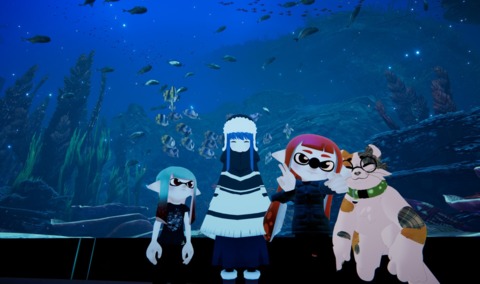

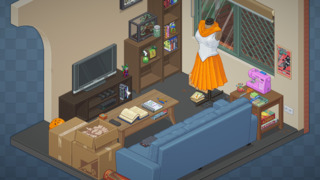
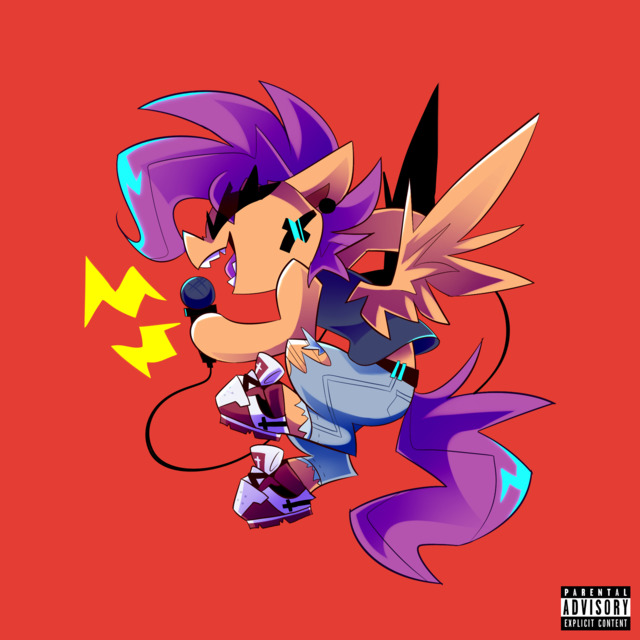


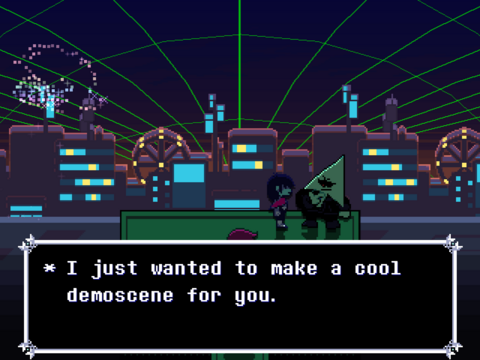
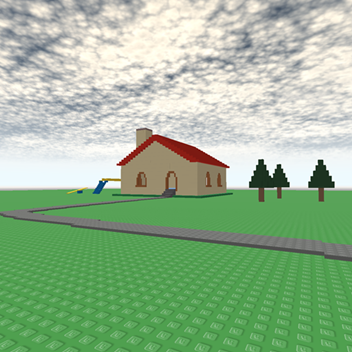

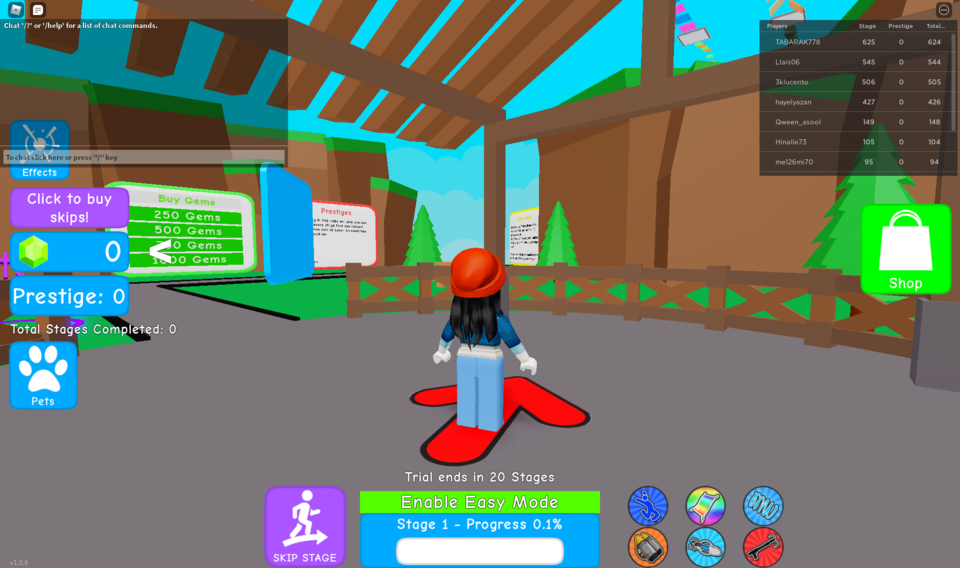
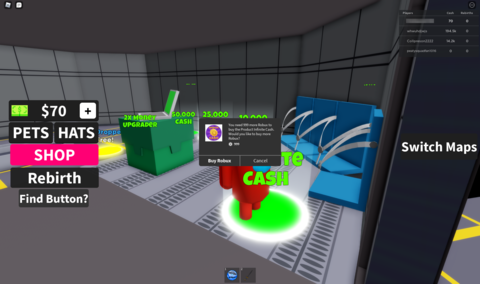
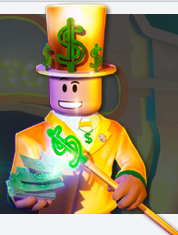
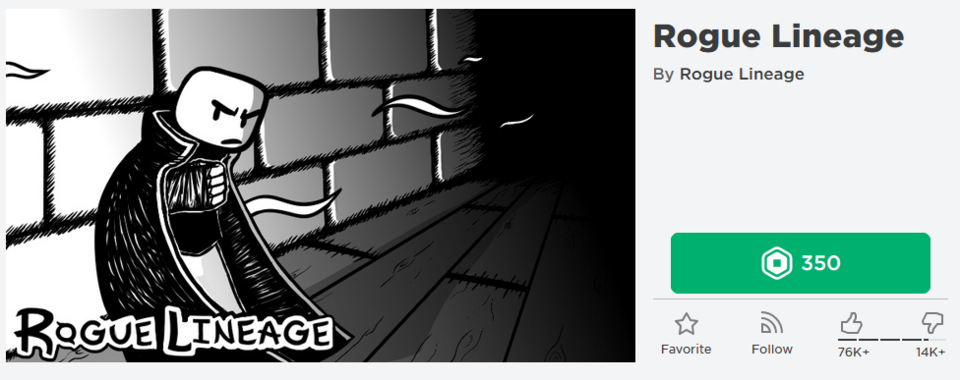
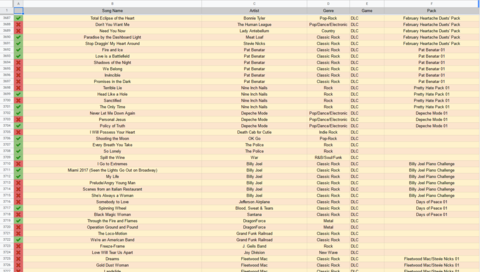
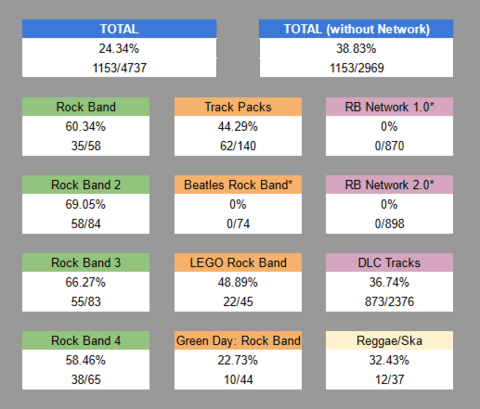
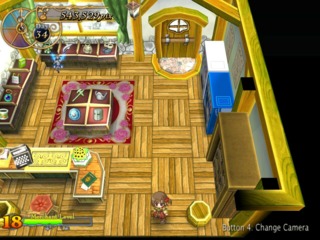
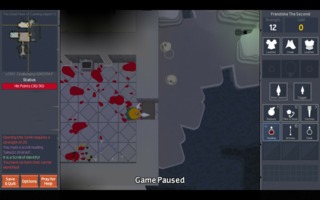

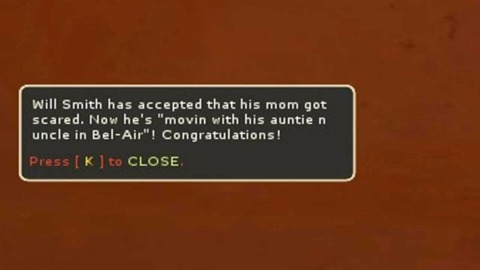
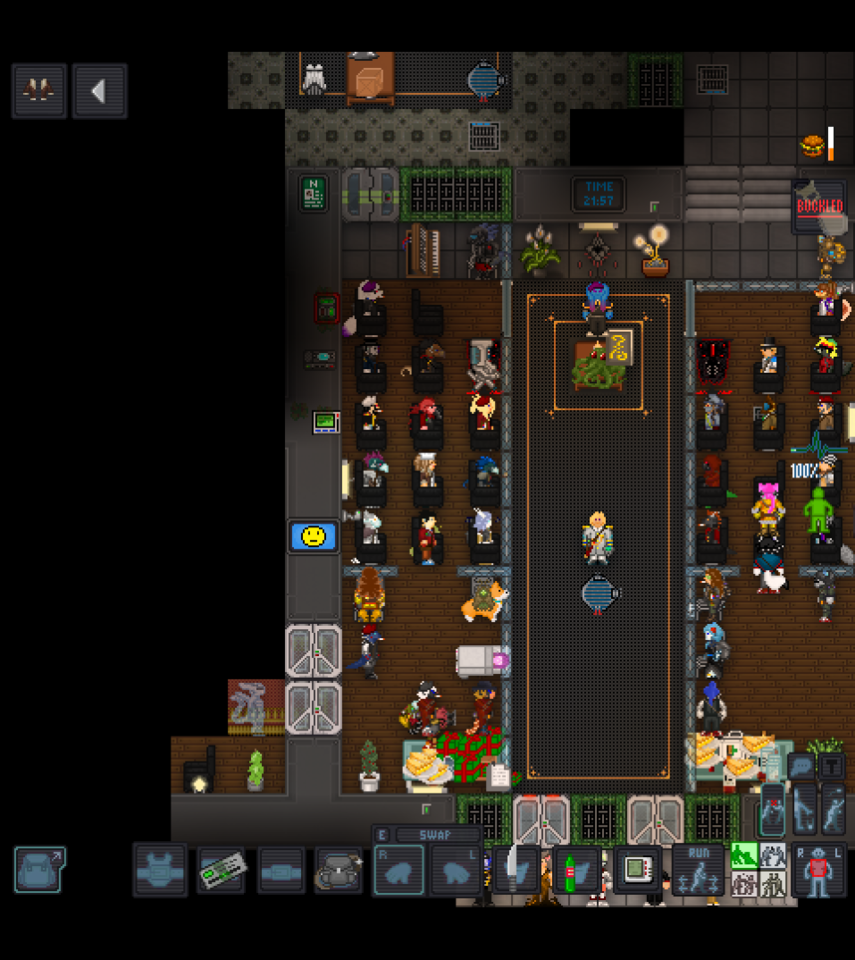
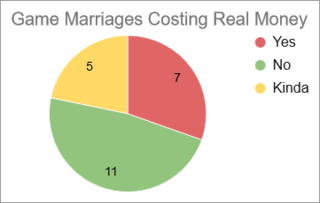
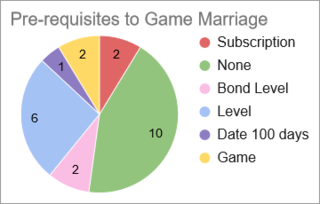
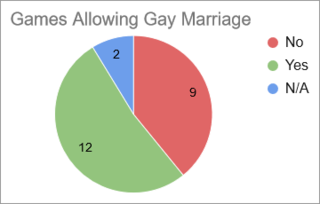
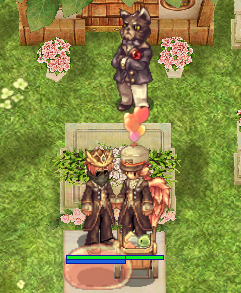

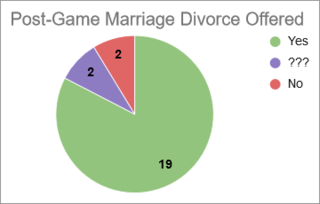

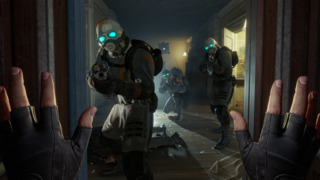
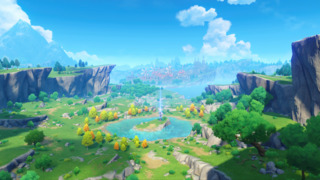

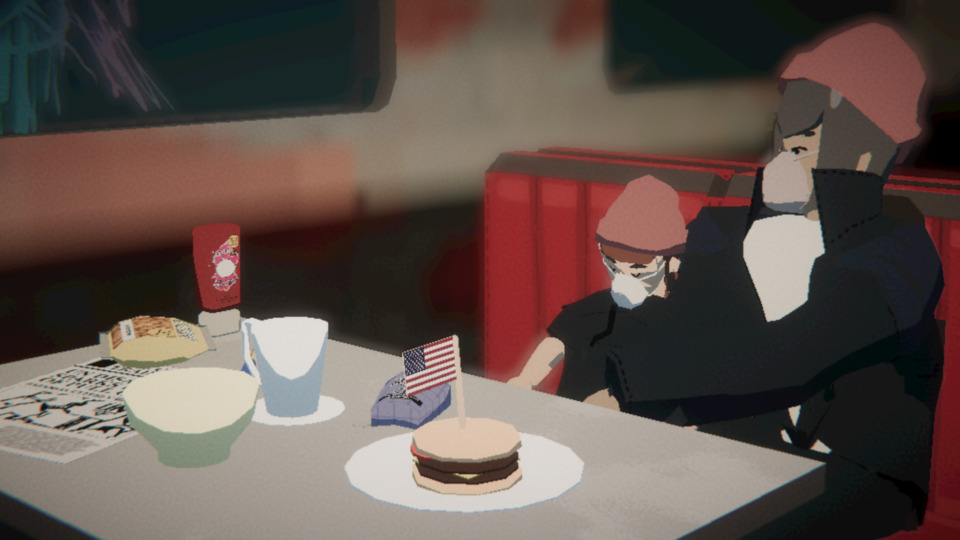
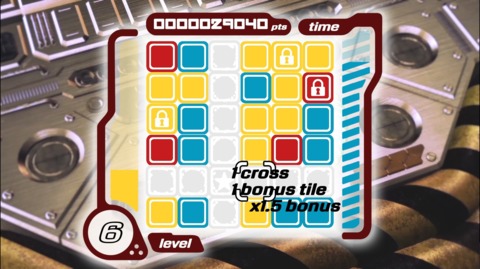
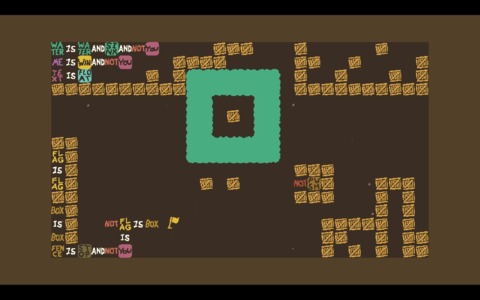

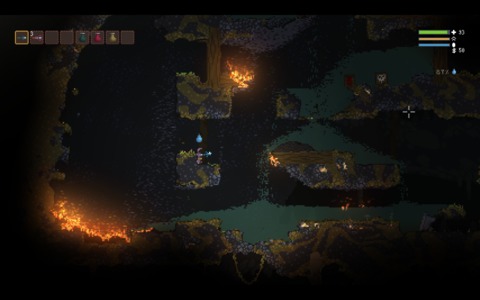
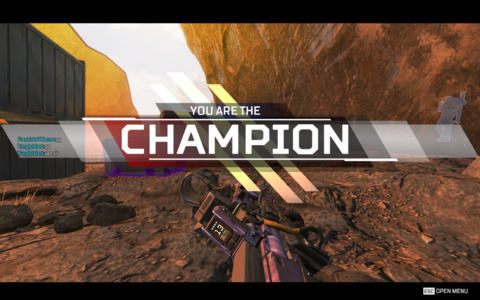
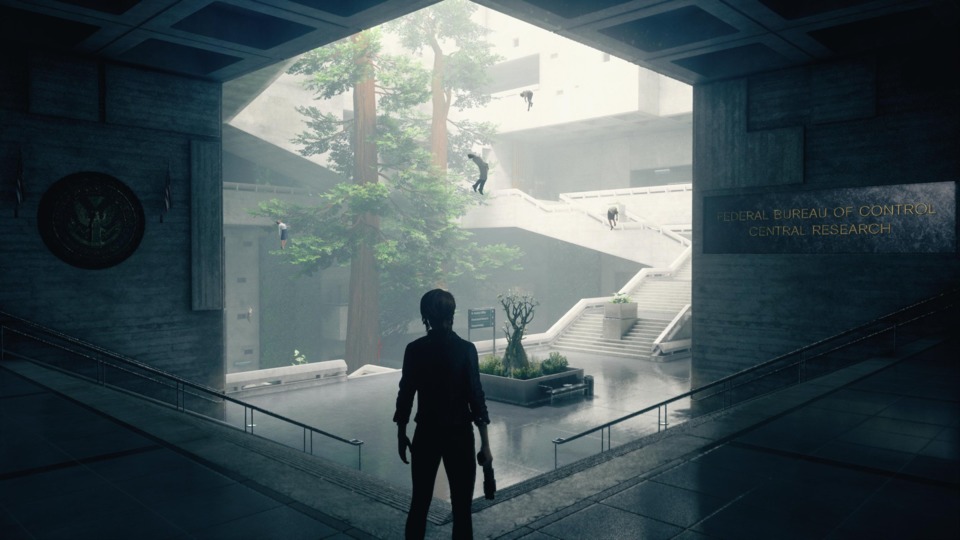
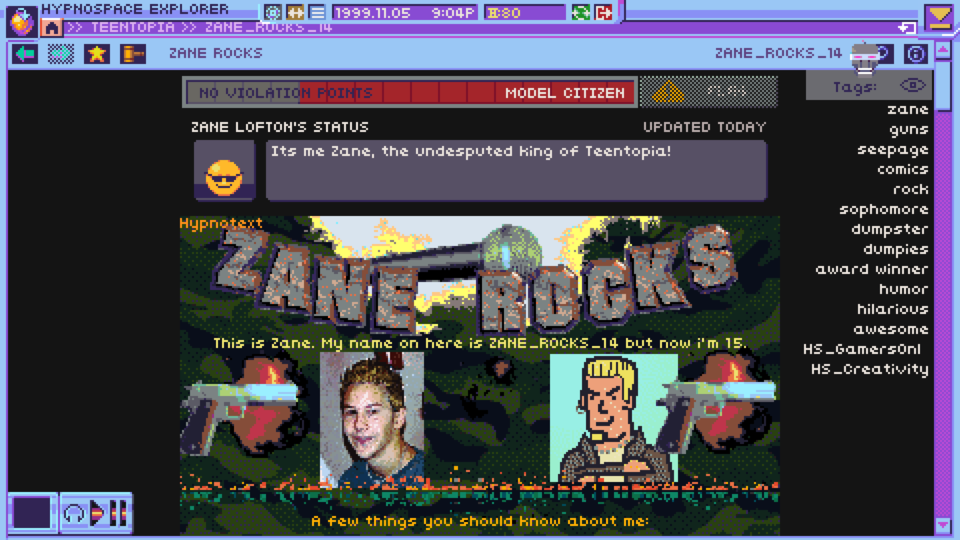
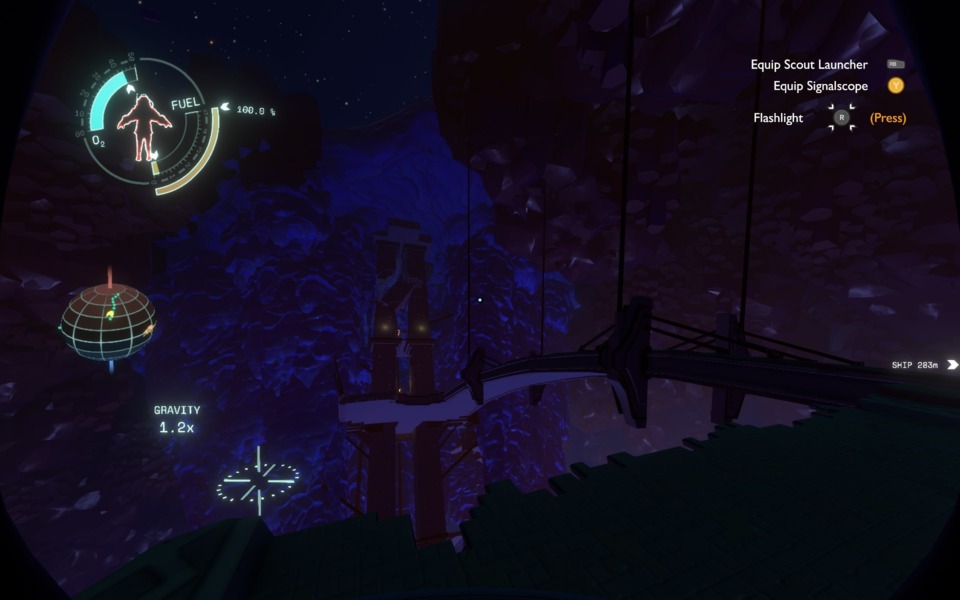
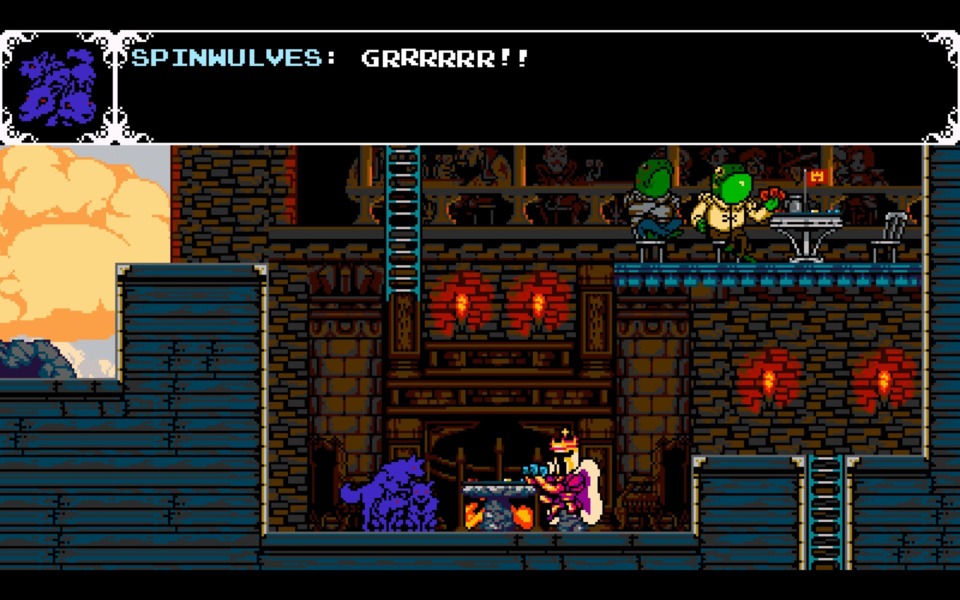
Log in to comment